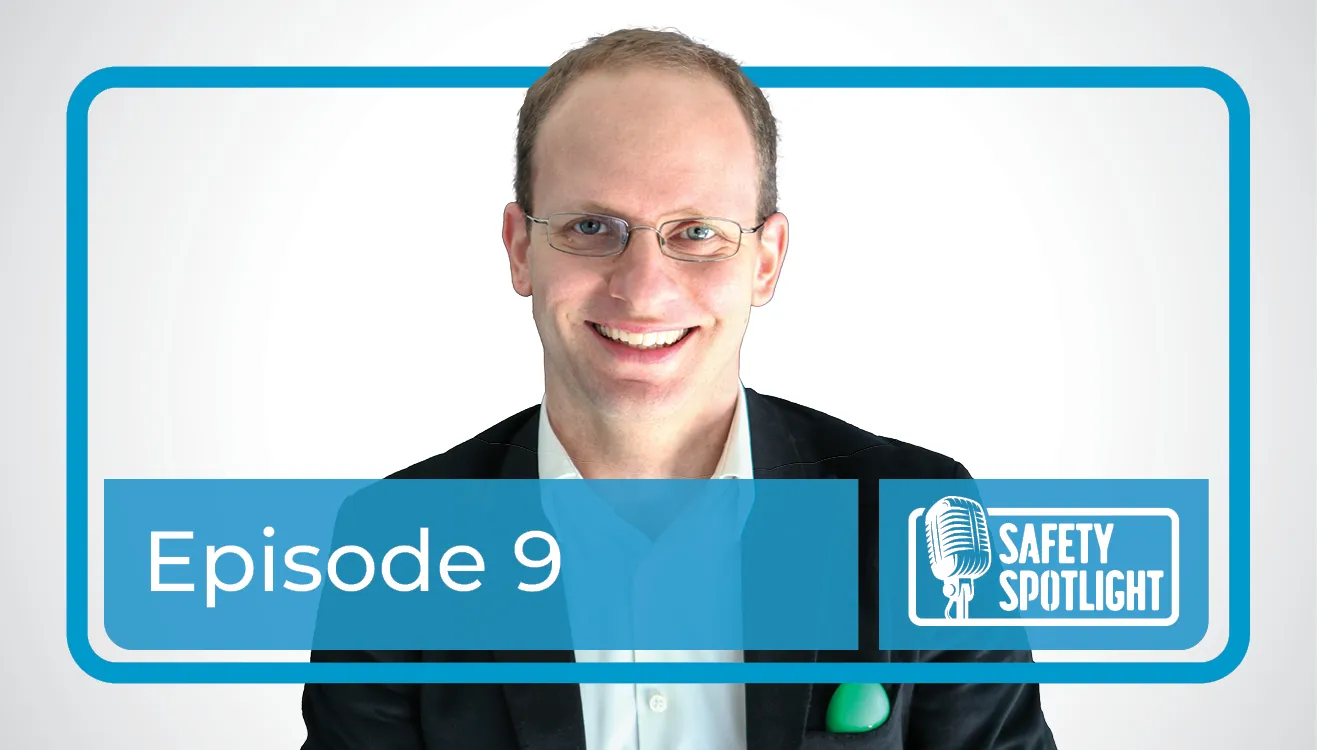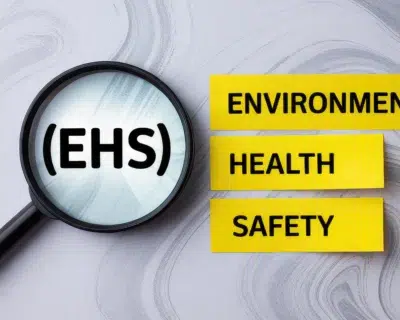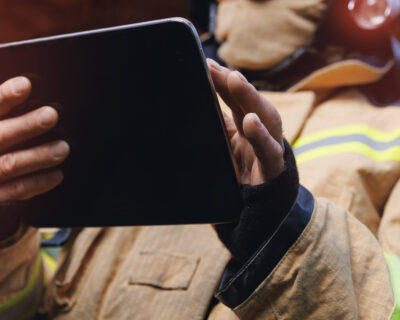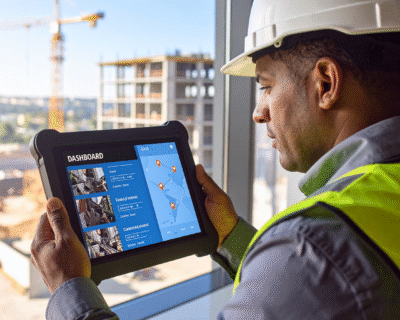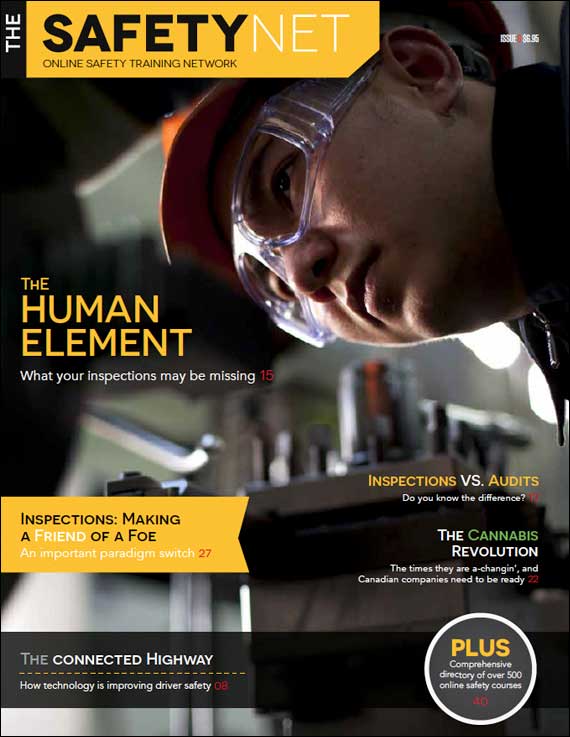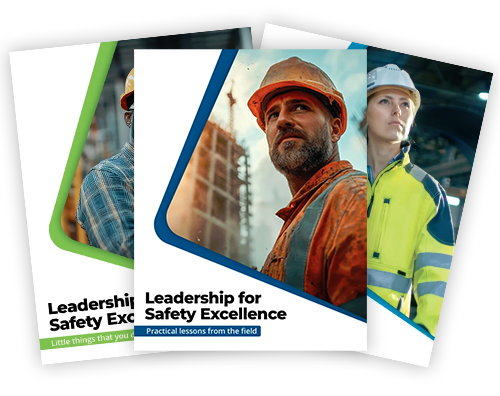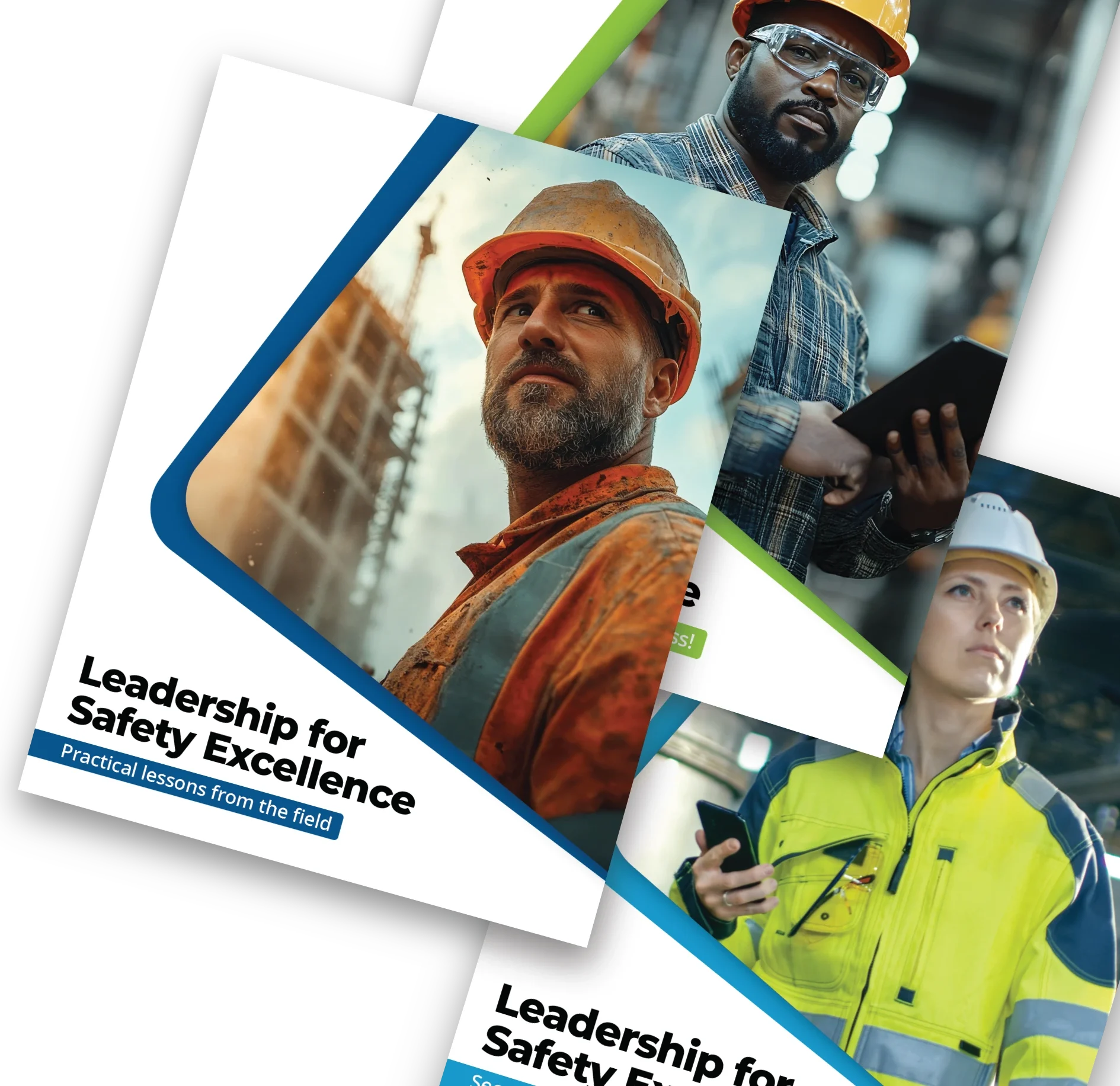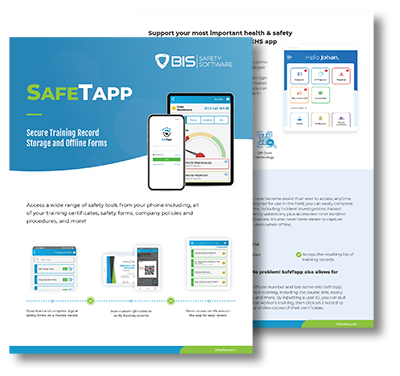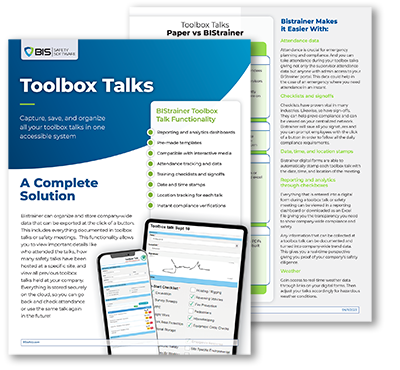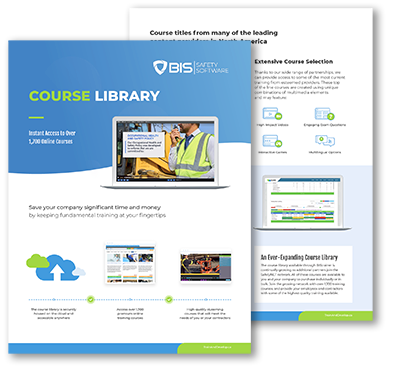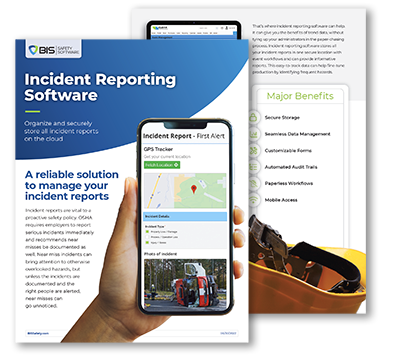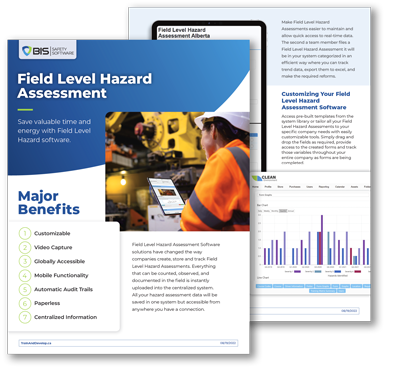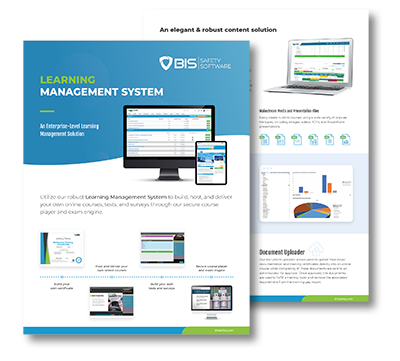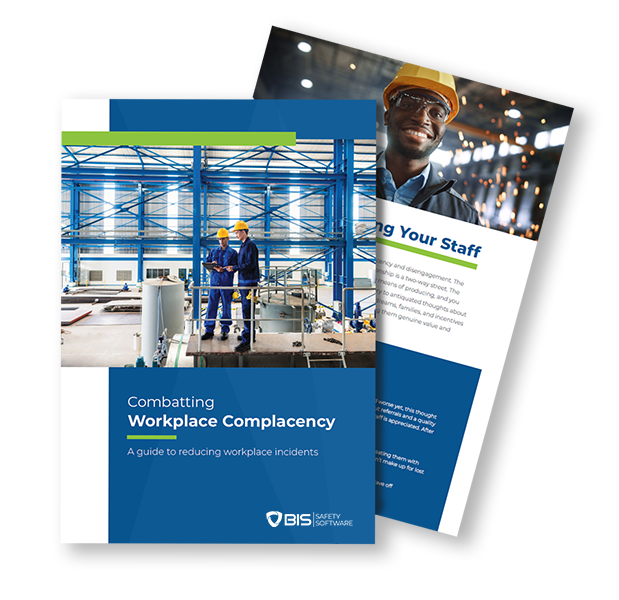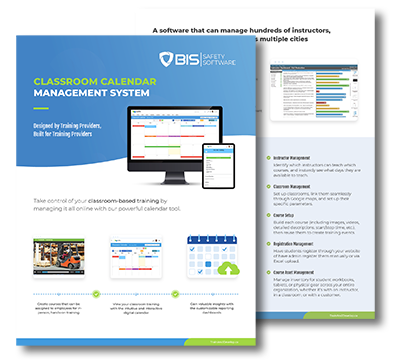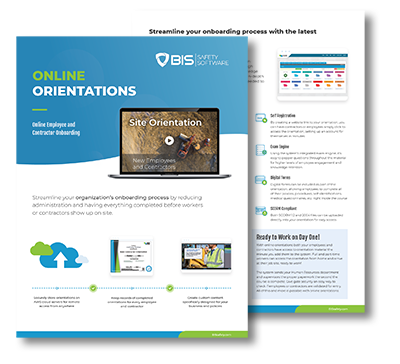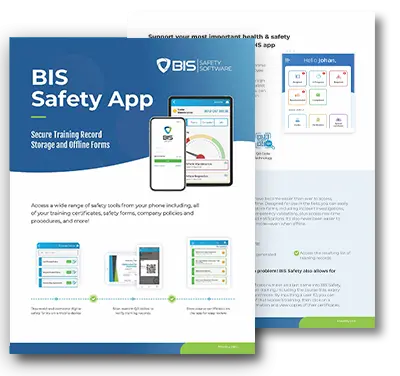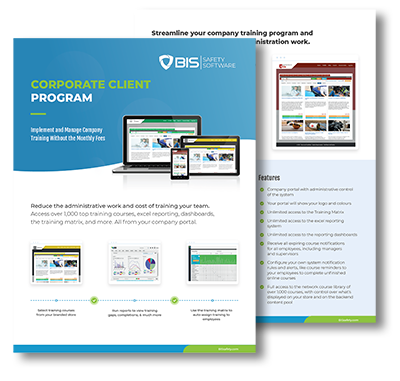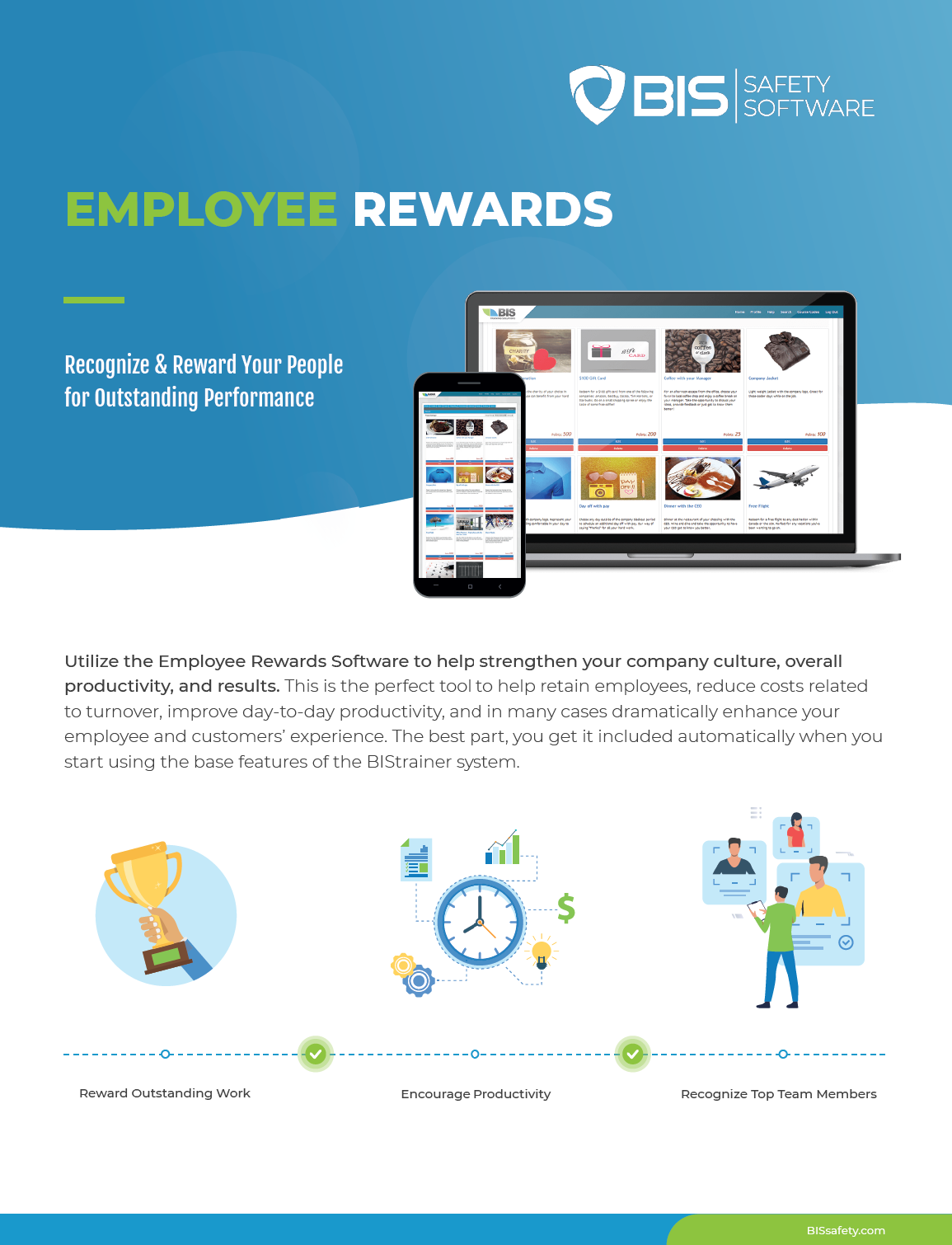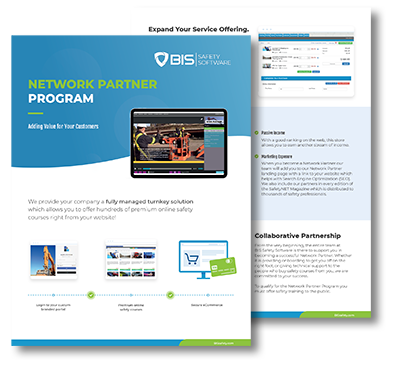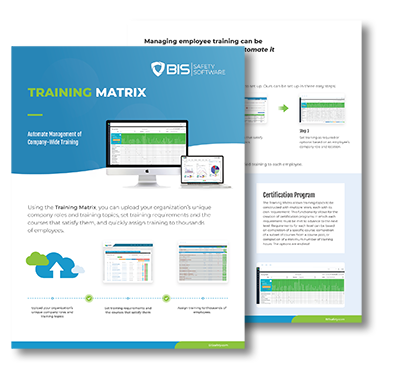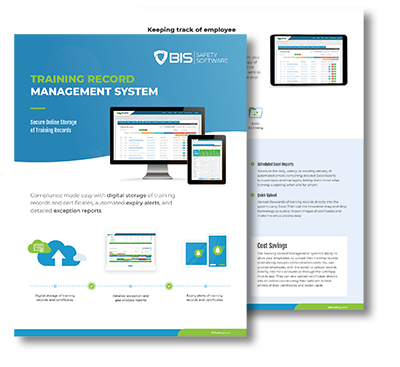
Mehmet Baha is Making Psychological Safety Smart and Urgent
Fewer injuries. Lower turnover. Higher productivity. These aren’t empty promises, they’re the measurable benefits of psychological safety at work. And if you think the term sounds abstract, leadership expert Mehmet Baha makes it tangible and urgent.
His journey from Cyprus to the United Nations, Facebook, and global boardrooms has fueled one mission: helping people collaborate better. Along the way, he’s uncovered a truth leaders can’t afford to miss, performance begins with safety. Not just physical safety, but the kind that lets people ask questions, admit mistakes, and bring forward bold ideas without fear.
Redefining What It Means to Be Safe
At its core, psychological safety at work means employees feel free to raise concerns, share insights, and even fail openly, without being dismissed or blamed. As Baha explains, “Everyone owns it, but leadership sets the tone.” When voices are valued, culture shifts: accidents drop, turnover slows, and innovation takes root.
Why Leadership Makes or Breaks Culture
Culture change is never automatic, it requires courage. Some leaders hesitate, but those who lean in often unlock extraordinary results. Baha highlights DBS Bank in Singapore, once trapped in bureaucracy. Under new leadership, they reinvented themselves as a tech-driven company. The payoff? Over 90% of employees now report feeling safe to speak up, fueling both engagement and growth.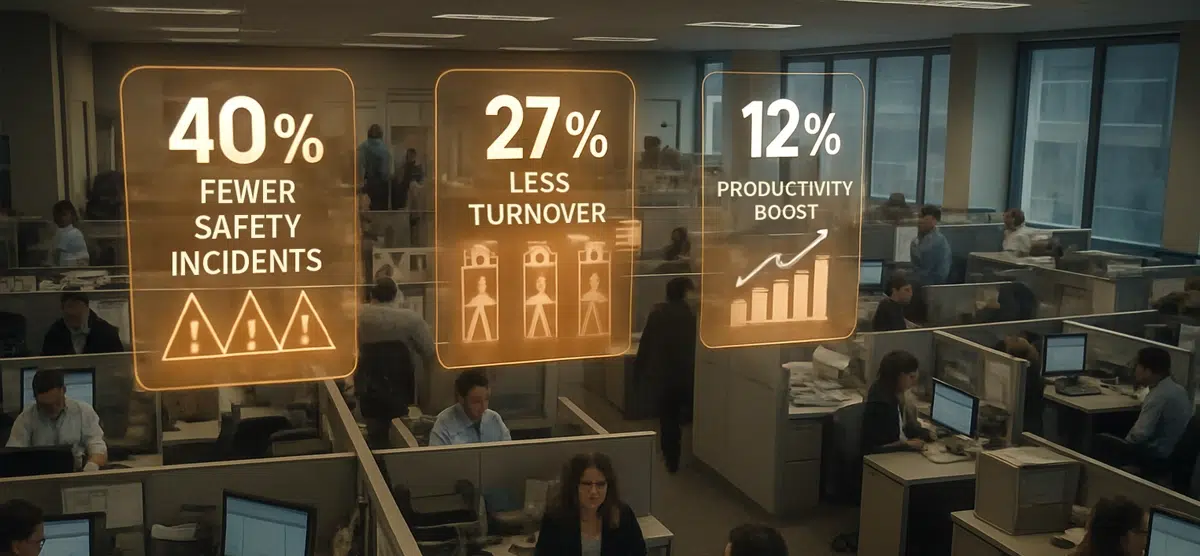
Turning Mistakes Into Momentum
Too often, companies confuse accountability with blame. Baha challenges that mindset with a framework for four kinds of mistakes, from reckless to experimental. Only one deserves discipline. The others? They’re lessons in disguise. In safety-critical industries, this approach is essential: when people fear speaking up, hazards slip through the cracks, and valuable lessons go untapped.
Building Strong Teams Through Trust
High-performing teams don’t dodge difficult conversations, they make space for them. Trust, openness, and vulnerability are essential. Even small acts, a thoughtful check-in, a leader who admits their own errors, create a climate where people feel valued. As Baha says, “Strong teams prioritize relationships as much as results.”
Humanity Matters More Than Ever
Even in the age of AI, psychological safety at work keeps human connection at the center. Baha shares the story of two companies managing layoffs, one broke the news through a recorded video, while the other offered personal conversations and ongoing support. The difference in employee trust was staggering. Technology may streamline tasks, but only humanity fosters loyalty.
Is Your Culture Future-Ready?
If you still think psychological safety is “nice to have,” it’s time to reconsider. It’s the foundation of retention, innovation, and resilience. The first step is simple: ask whether your people feel safe to speak up. If the answer is no, the opportunity is clear, you can reshape your culture today, and the best time to start is now.


